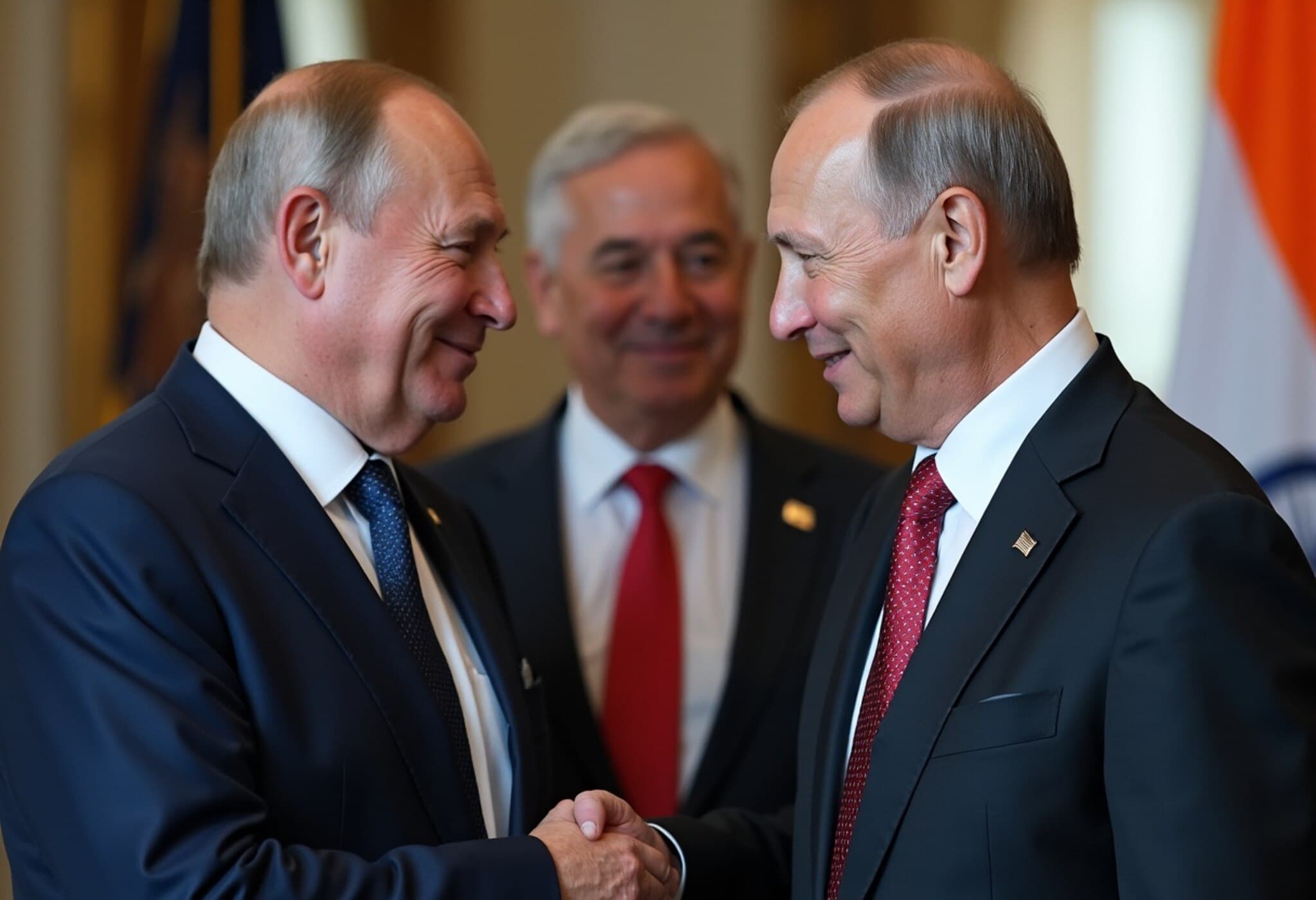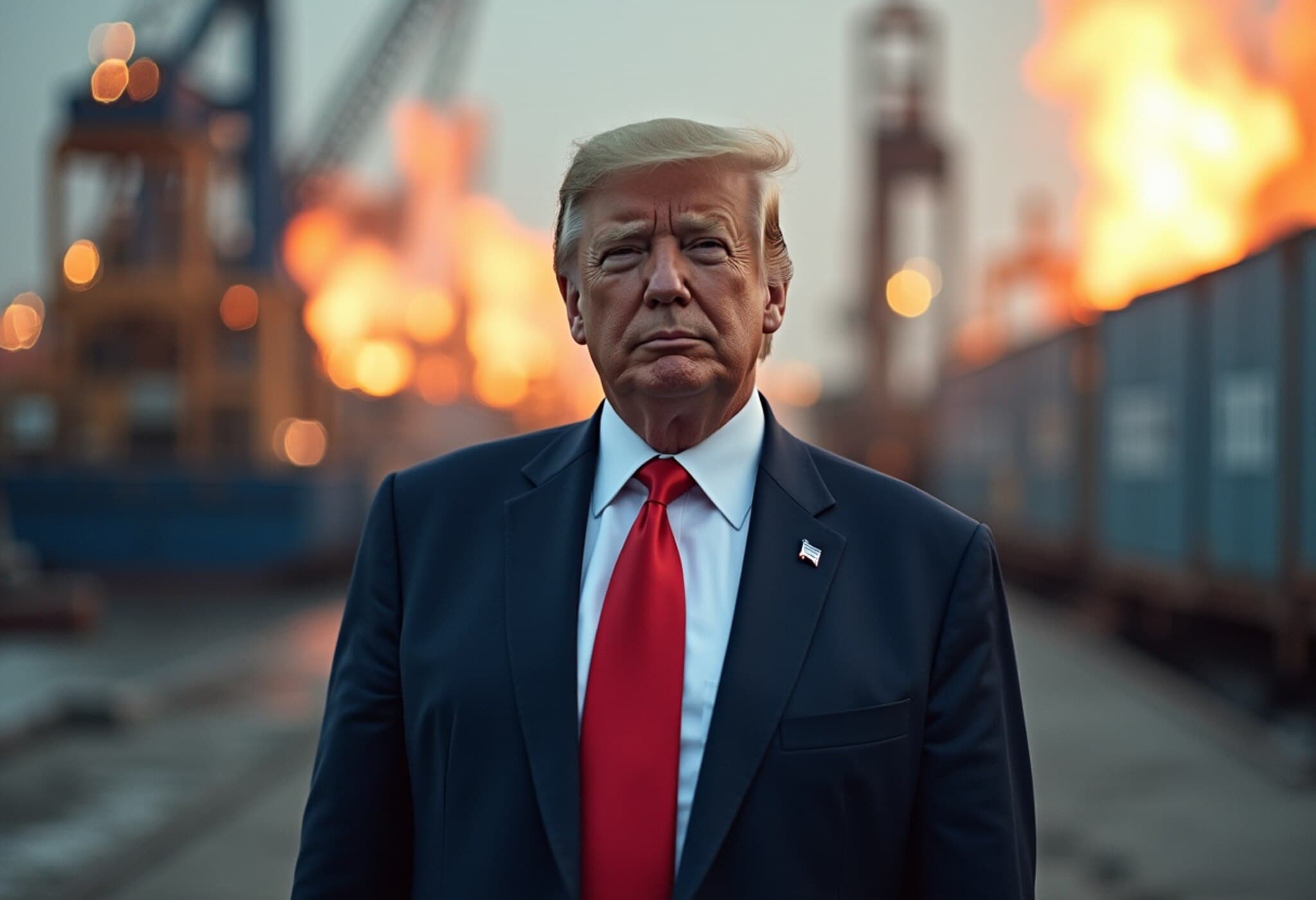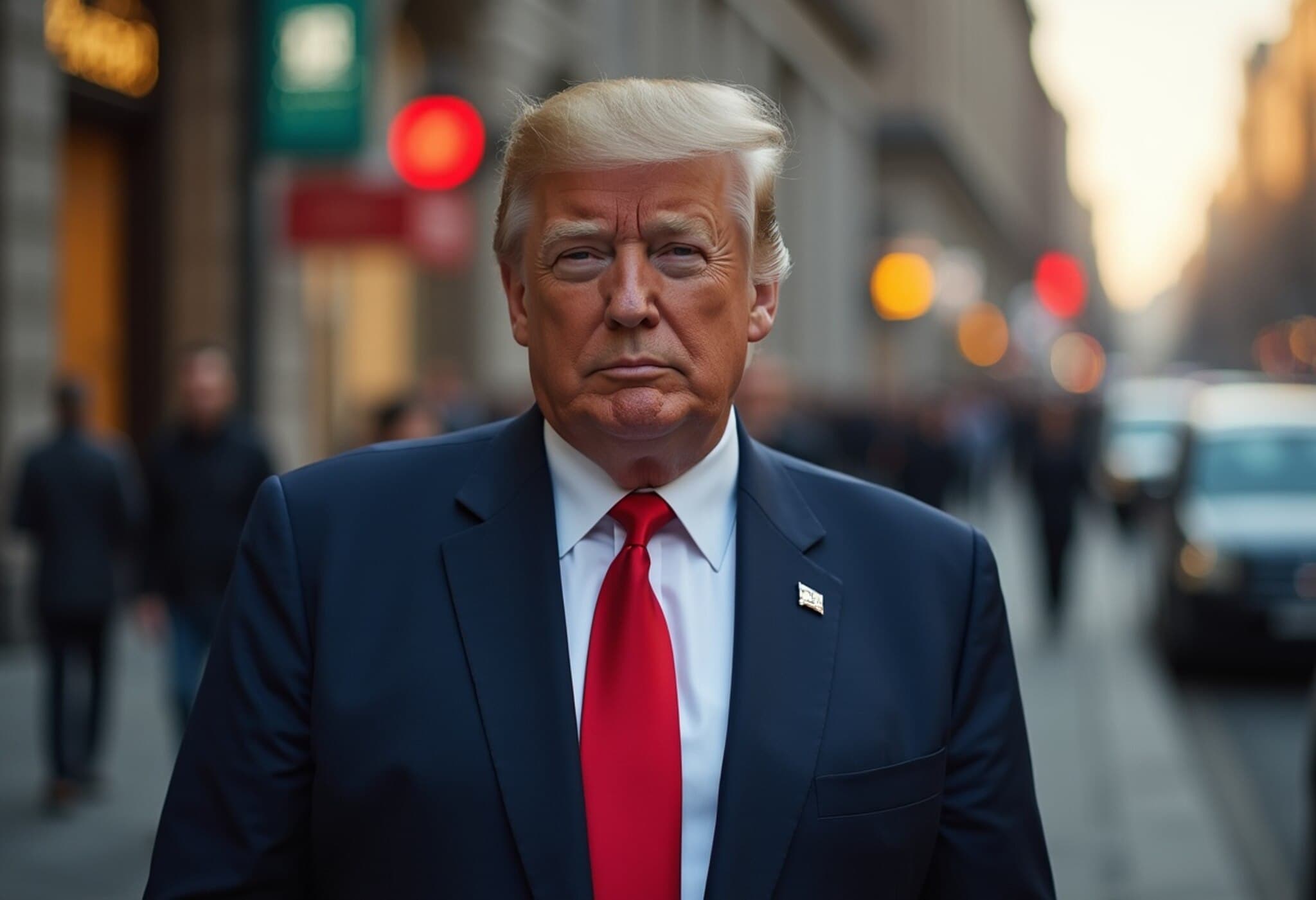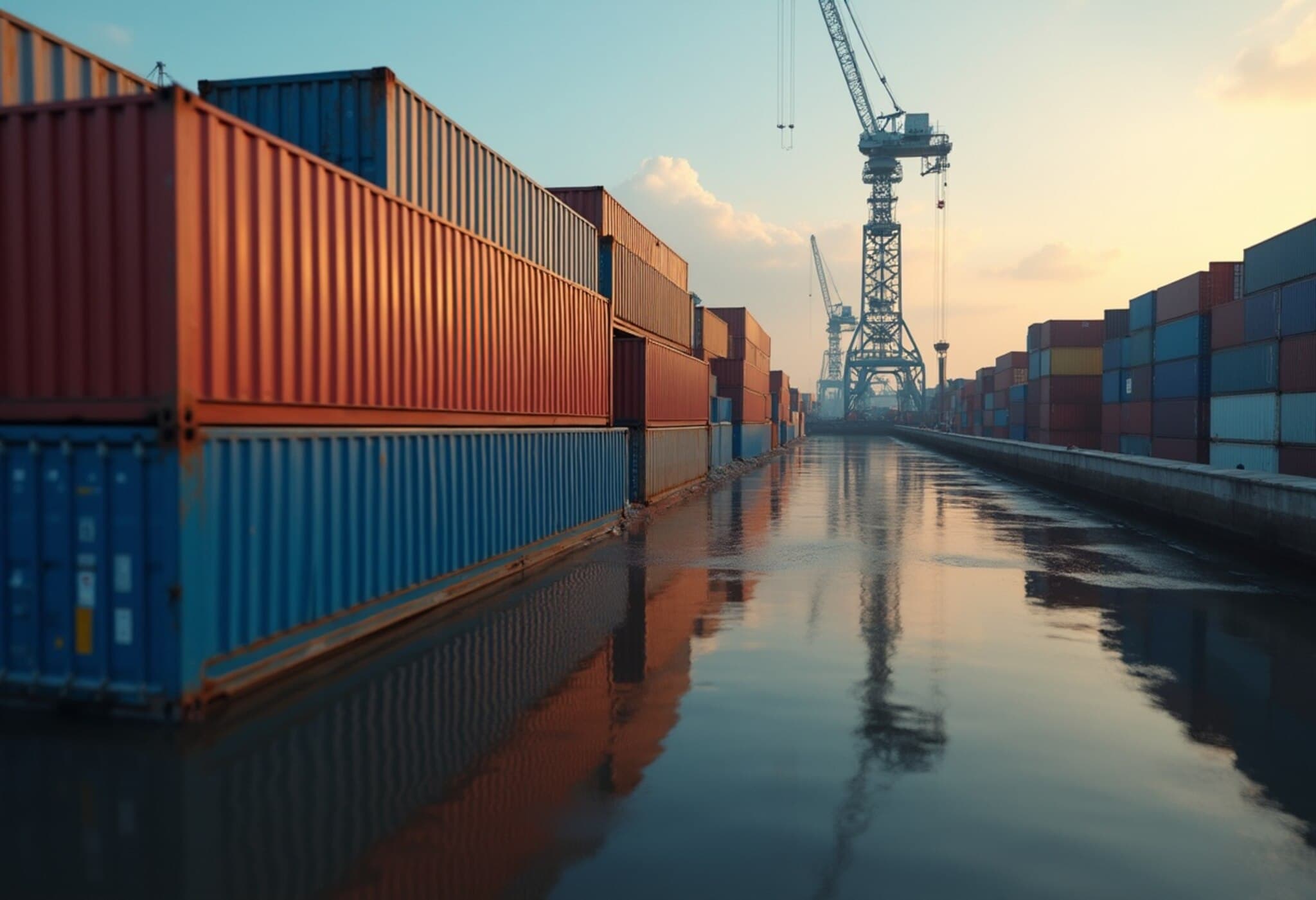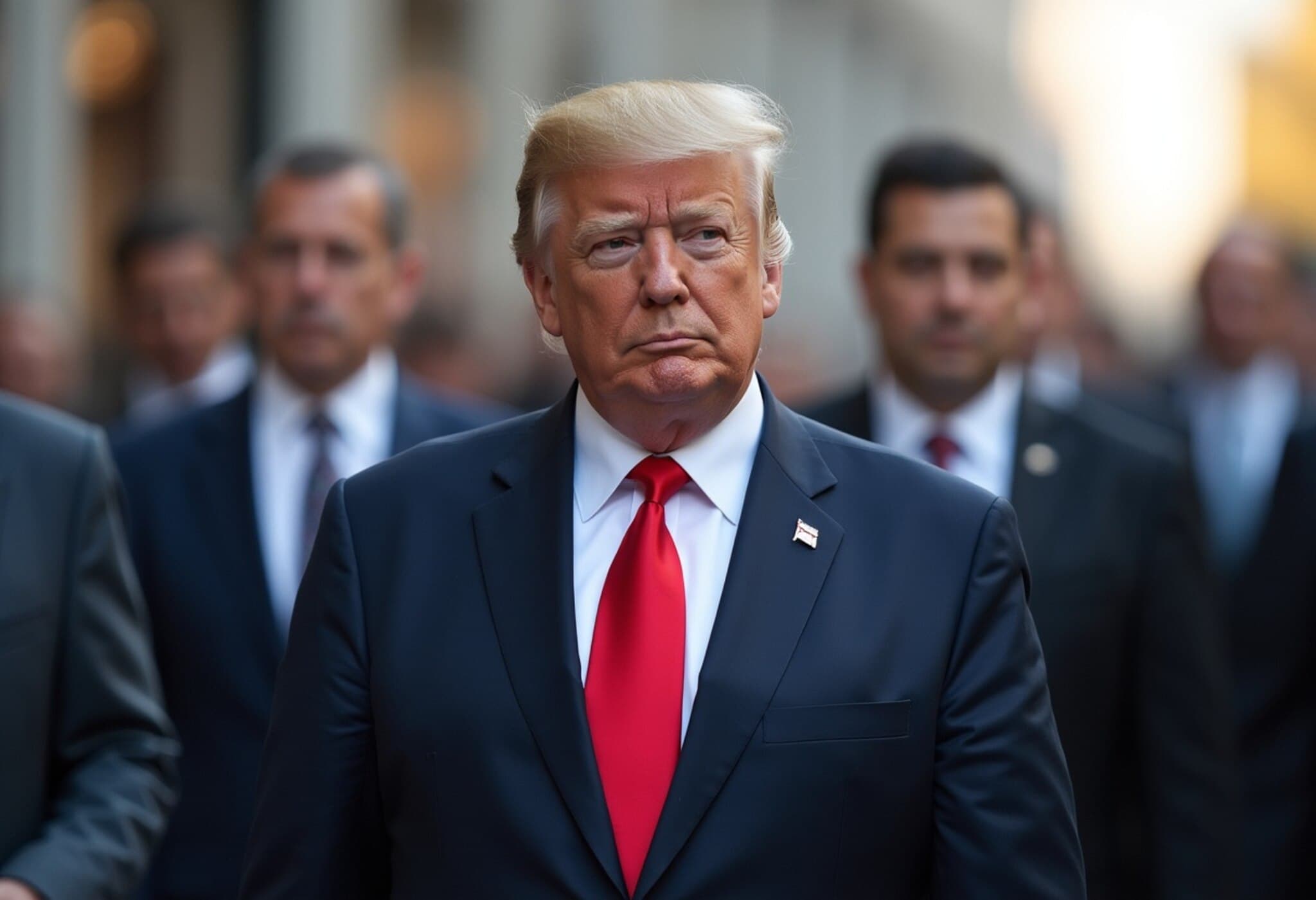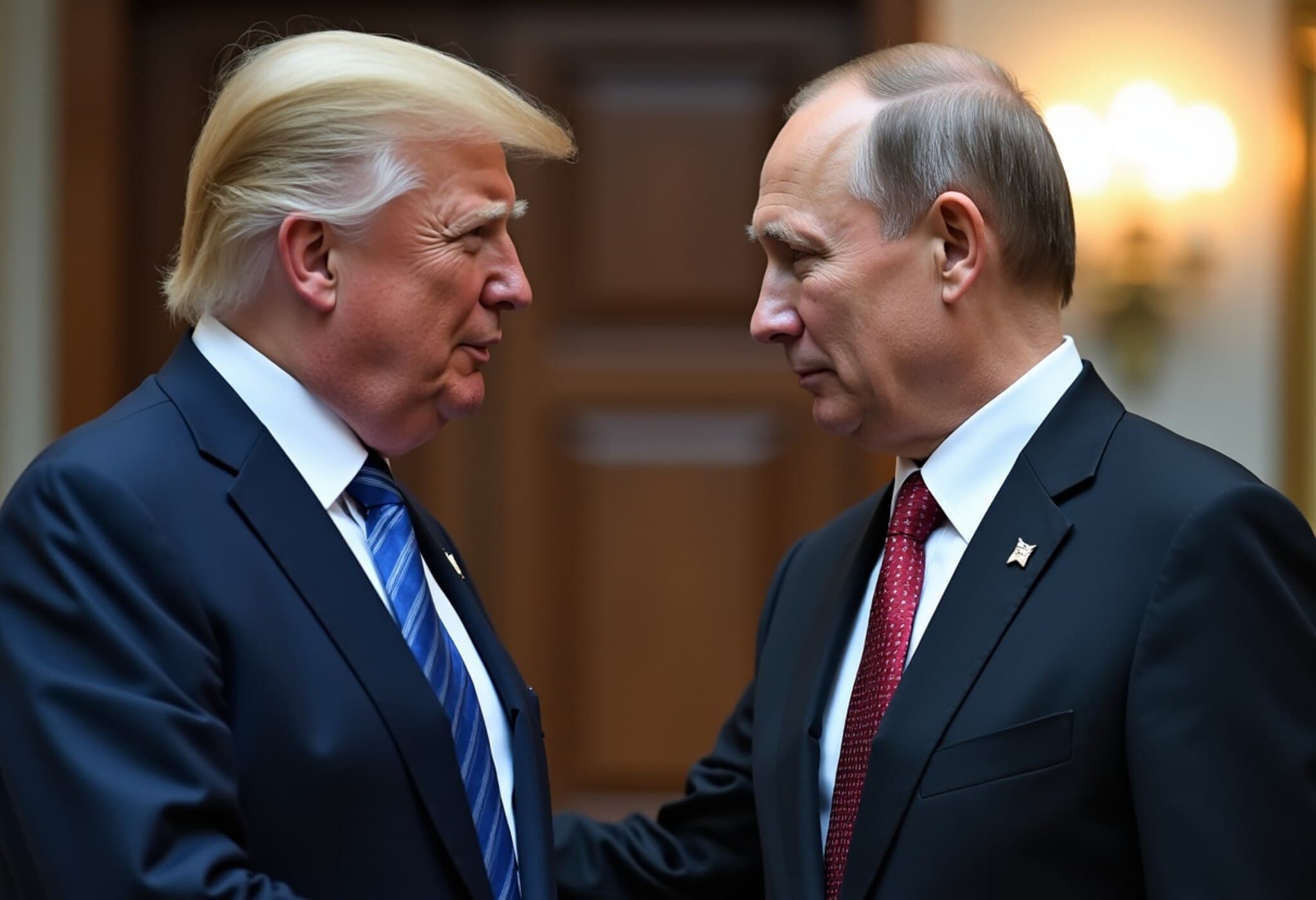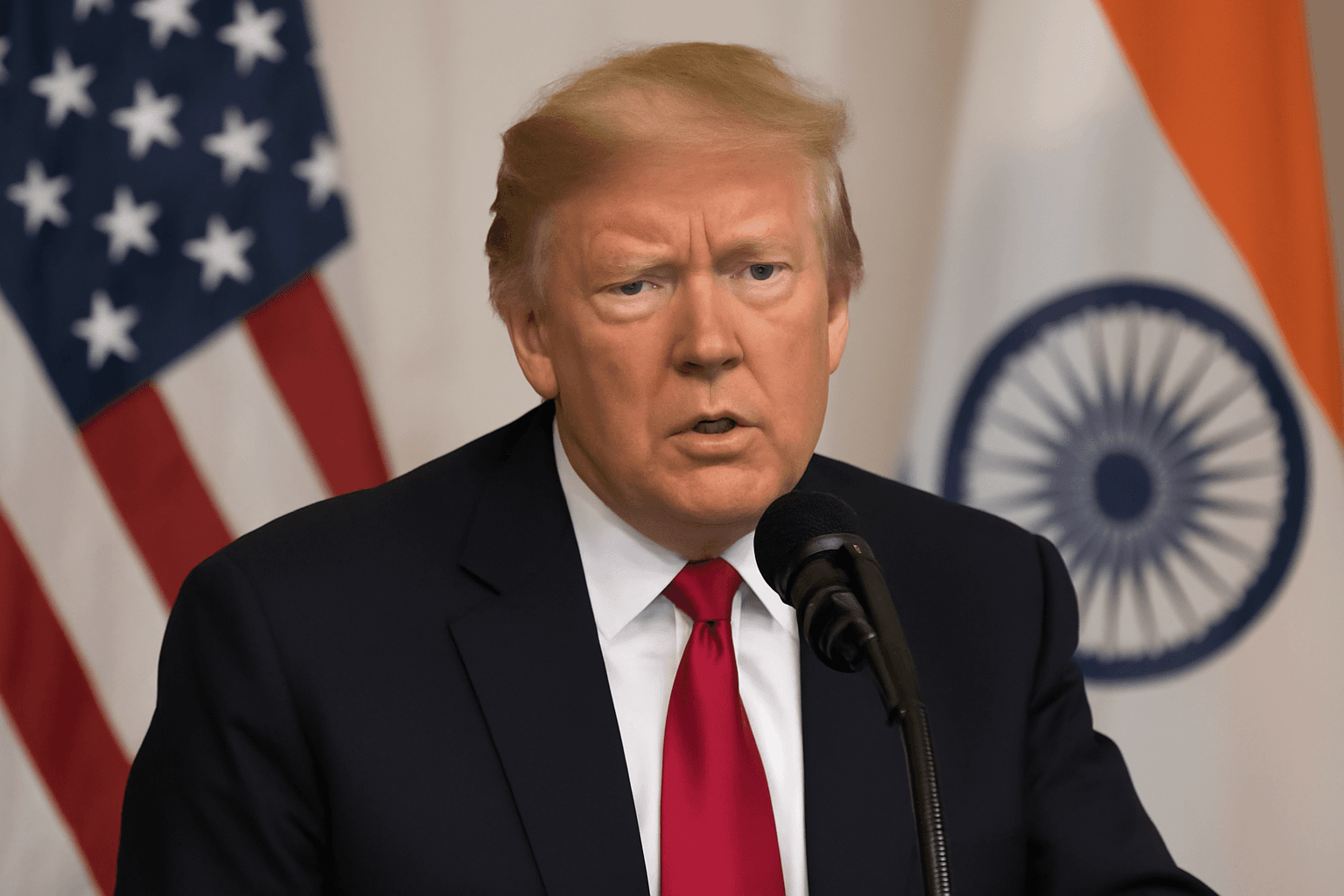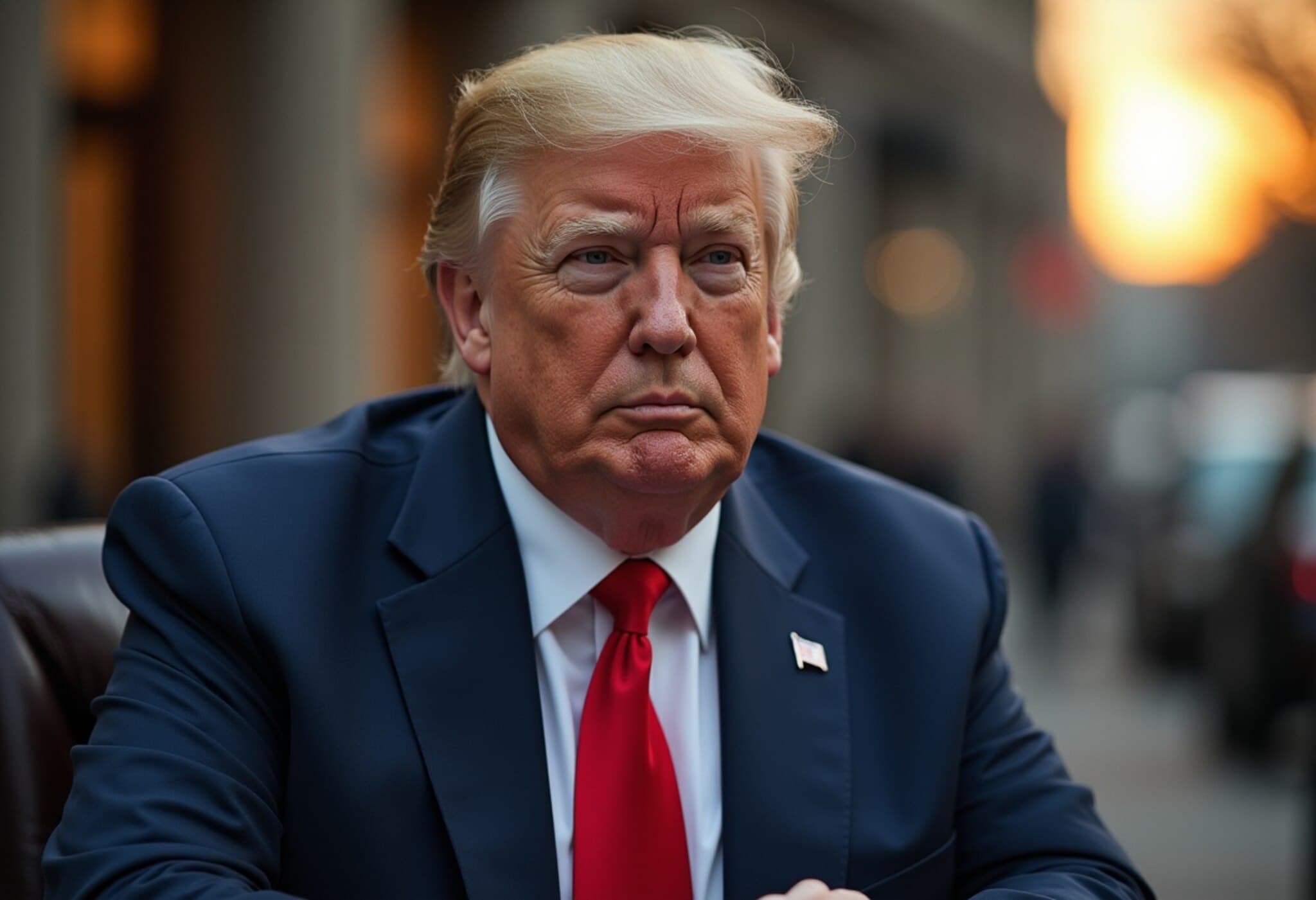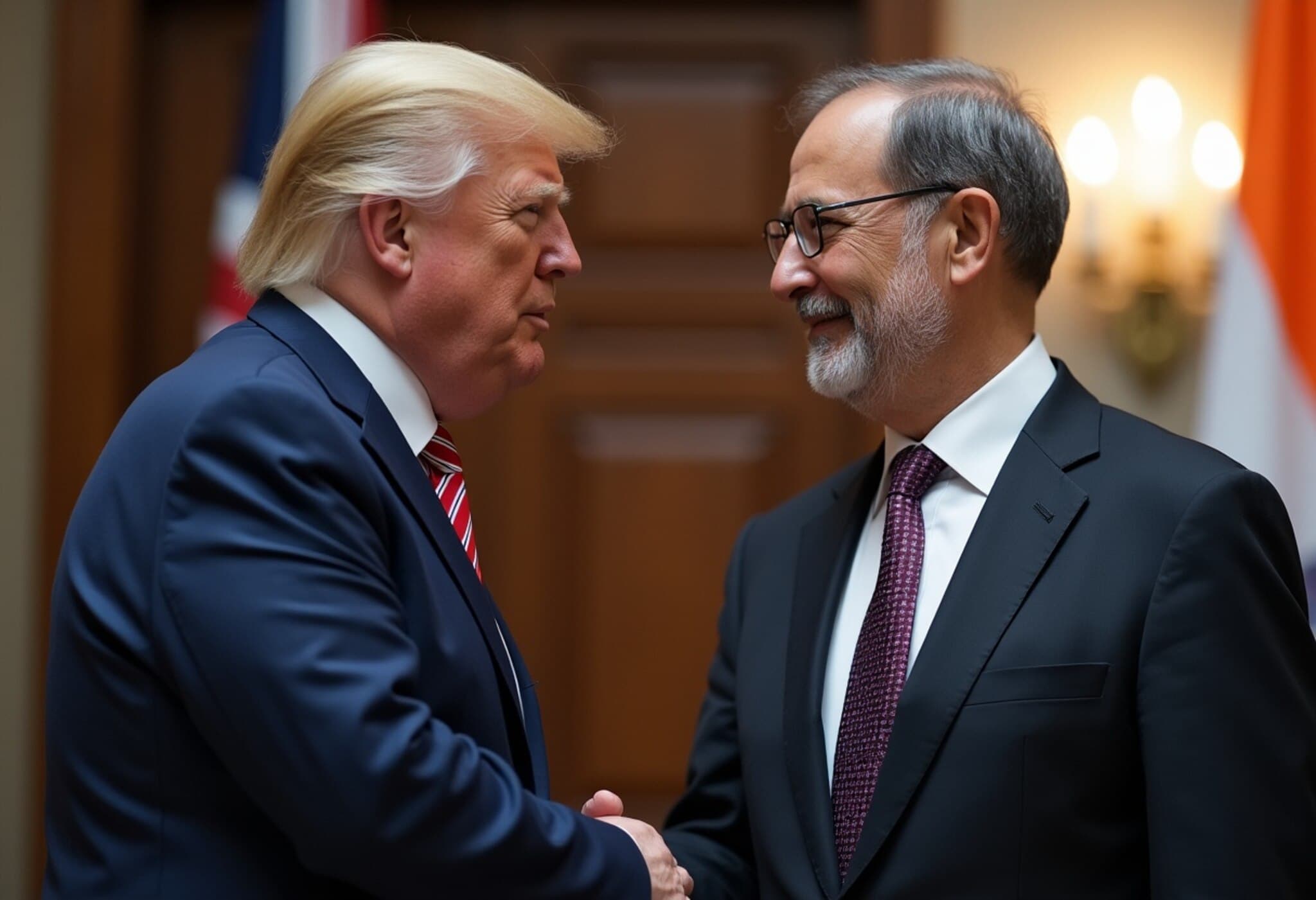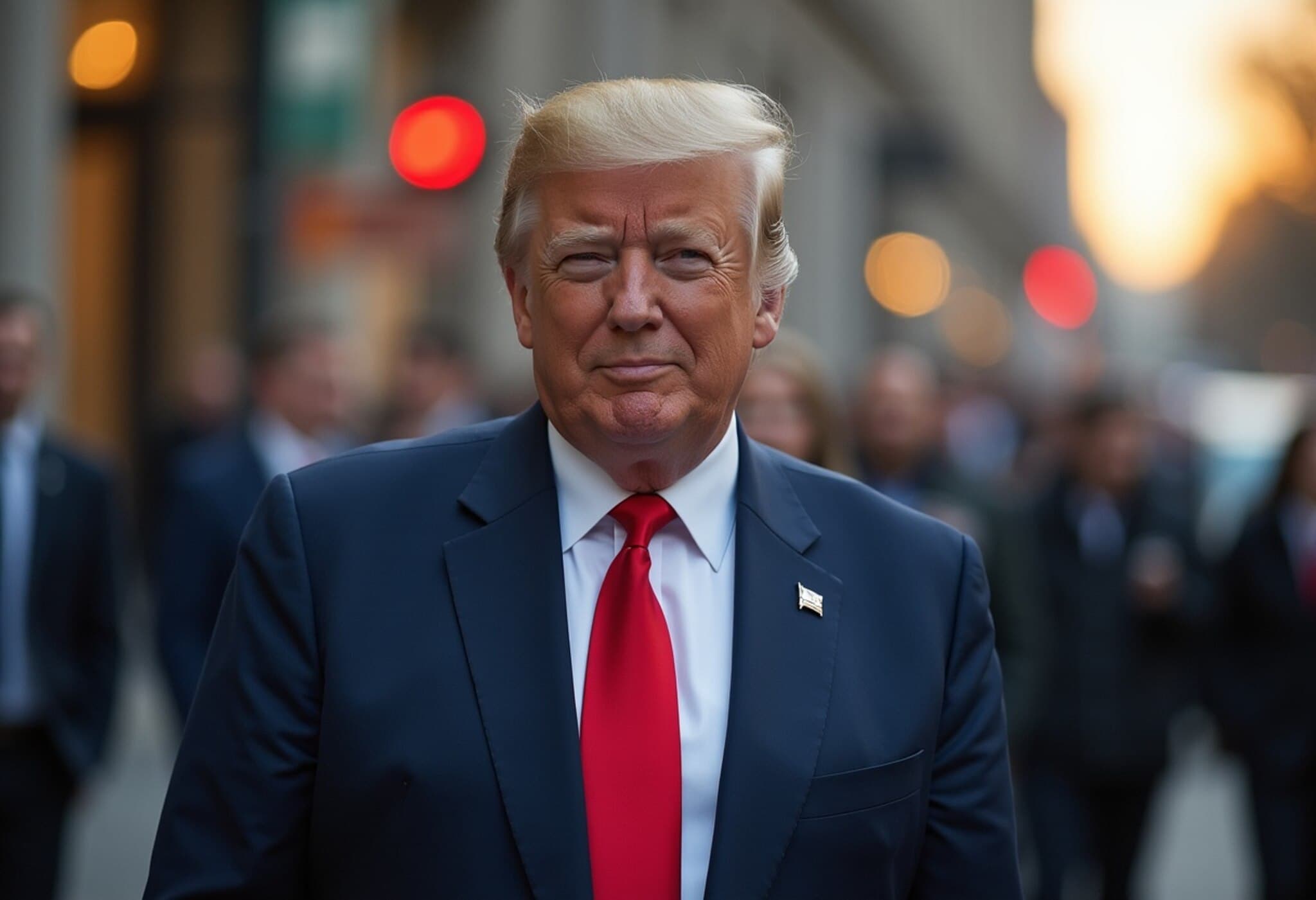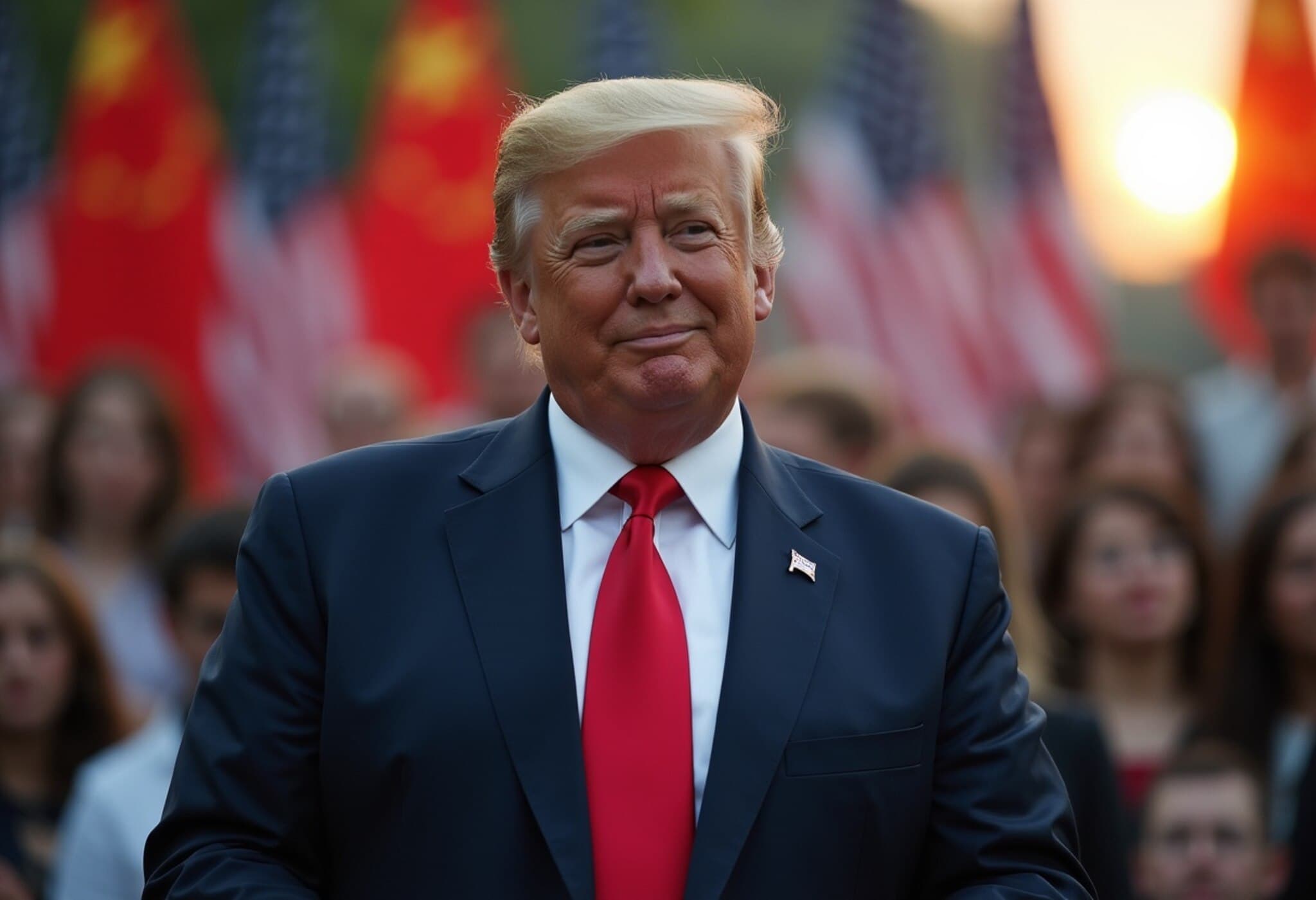Trump Highlights Impact of US Tariffs on India’s Russian Oil Imports
In a bold assertion ahead of his scheduled August 15 meeting with Russian President Vladimir Putin in Alaska, former US President Donald Trump claimed that American tariffs on India’s import of Russian oil have dealt a significant economic blow to Moscow. Trump emphasized India’s critical role as one of Russia’s top oil buyers, spotlighting the intricate dynamics of current global energy markets and geopolitical pressures.
The Context Behind the Tariffs
Speaking at a White House press briefing on August 8, 2025, Trump highlighted that Russia’s economy remains under strain, heavily impacted by a combination of US-imposed trade tariffs and growing international sanctions. Specifically, Trump pointed to the 50% combined tariff—a 25% US reciprocal tariff on India itself, plus a 25% levy on oil imports sourced from Russia—as a strategic move aimed at curbing Moscow’s financial resources amid the ongoing crisis surrounding the Ukraine war.
“Russia is a vast nation with tremendous potential, but right now it’s struggling,” Trump remarked. “These tariffs and international pressures have very much unsettled their economy.”
India’s Position and the Diplomatic Ripple Effect
India has vocally opposed these tariffs, labeling them “unfair, unjustified, and unreasonable.” As India remains a significant player in Russian oil trade, these tariffs have the potential to reshape energy supply chains and international alliances.
From Washington’s perspective, constraining Moscow’s ability to export oil through major buyers like India is part of a broader effort to exert economic pressure on Russia, compelling it to reconsider its actions in Ukraine.
Anticipated US-Russia Dialogue in Alaska
Confirming the upcoming meeting with Putin, Trump described Russia’s choice to travel to the US for talks as a sign of mutual respect. He expressed optimism about the potential for constructive dialogue, including hopes to facilitate a meeting between Putin and Ukrainian President Volodymyr Zelenskyy—a move that could alter the course of the Ukraine conflict.
Trump further referenced his administration’s claims of resolving multiple international conflicts, including assertions about his role in ending the India-Pakistan standoff. However, these claims stand contested internationally, with India attributing ceasefire progress to direct military discussions rather than external diplomatic interventions.
Expert Analysis: Economic Sanctions and Geopolitical Complexity
The imposition of tariffs on India for its Russian oil imports underscores a complex balancing act faced by global powers. While the US aims to economically isolate Russia, it risks straining relations with India, a key strategic partner in Asia—especially important given India's rising influence in the Indo-Pacific region.
Energy markets remain volatile, with countries like India caught between securing affordable energy supplies and aligning with Western sanctions. The tariffs could incentivize India to deepen ties with alternative suppliers, potentially reshaping global alliances.
Moreover, the effectiveness of such economic measures in altering Russia’s strategic calculations remains a subject of debate among policy analysts. Despite economic pressure, Russia continues to maintain significant geopolitical leverage through its energy exports and military strategy.
Questions Raised for Policymakers
- Can tariffs on third-party purchasers like India meaningfully weaken Russia’s economy without alienating key US partners?
- What diplomatic channels remain open to mediate the ongoing Ukraine conflict?
- How can economic sanctions be calibrated to minimize unintended geopolitical fallout?
Looking Ahead
As the August 15 meeting approaches, global observers will keenly watch the outcomes of direct US-Russia engagements. With energy security, economic sanctions, and conflict resolution at the center of discussions, the stakes are high—not only for Moscow and Washington but for regional and global stability.
Editor’s Note:
Trump’s remarks underscore the persistent tensions intertwined in global energy politics and economic sanctions. While tariffs aim to pressure Moscow, they also illuminate the delicate relationships the US holds with emerging powers like India. As negotiations unfold, understanding the nuanced implications on diplomacy, trade, and conflict remains critical for policymakers and observers alike.

